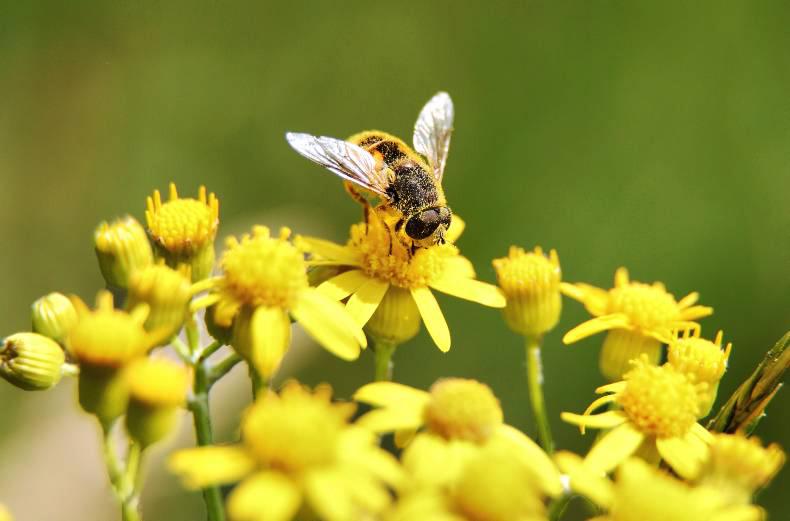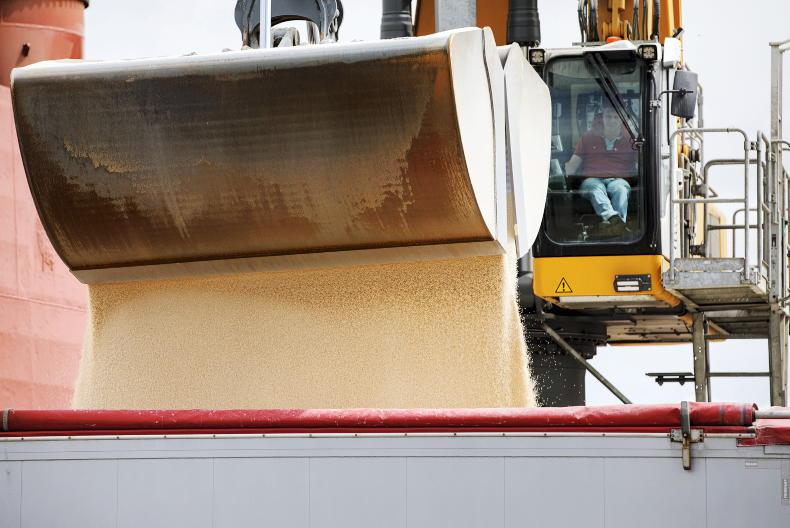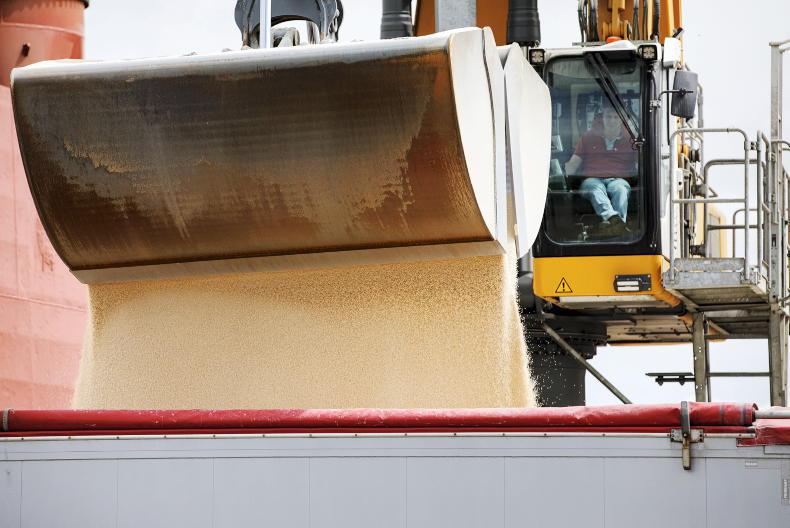A world leading insecticide has been found to "significantly reduce the reproductive capacity of male honeybees," according to a new study.
The scientists behind the report claim the results demonstrate "for the first time that neonicotinoid insecticides can negatively affect male insect reproductive capacity, and provide a possible mechanistic explanation for managed honeybee queen failure."
The study involved two neonicotinoid insecticides which are both currently partially banned in Europe.
Honeybees contribute essential pollination services to agriculture and wild plants. However, within the last decade the bee population has declined in the Northern Hemisphere and researchers believe they may have found one reason why.
"Any influence on sperm quality may have profound consequences for the fitness of the queen, as well as the entire colony," said the researchers.
Irish Minister for Agriculture
Sinn Féin MEP Lynn Boylan said the new study adds to already clear evidence that neonicotinoid insecticides have harmful effects on bee health.
“In Ireland, more than half of our bee species have undergone significant declines in numbers since the 1980s. In a country where bees provide free pollination services, which would cost €53 million annually to do by hand, the possible impact which a reduction in the number of bees could have on the agri-food industry cannot be understated.
“The EU in 2013 announced a temporary ban on three widely-used neonicotinoids based on the high-risk they pose to bees. The news that bee sperm can be reduced by up to 40% by exposure to these chemicals adds to the mounting evidence that the temporary ban in place should be made permanent.
“This ban is currently under review by the European Commission who are due to come forward with their evaluation.
The MEP also called on the Irish Minister for Agriculture "to ensure that the latest evidence on the effects of insecticides on bee sperm are fully taken into account.









SHARING OPTIONS